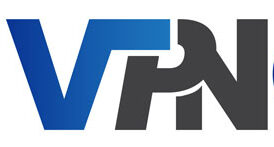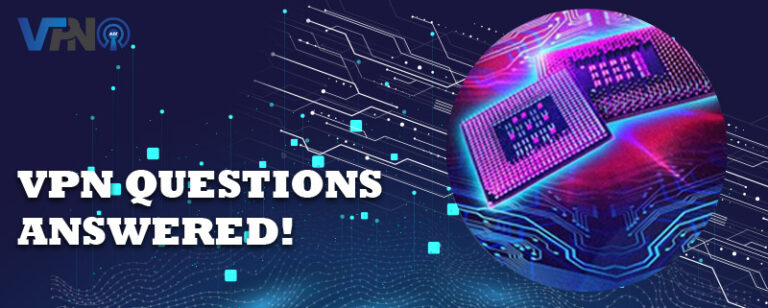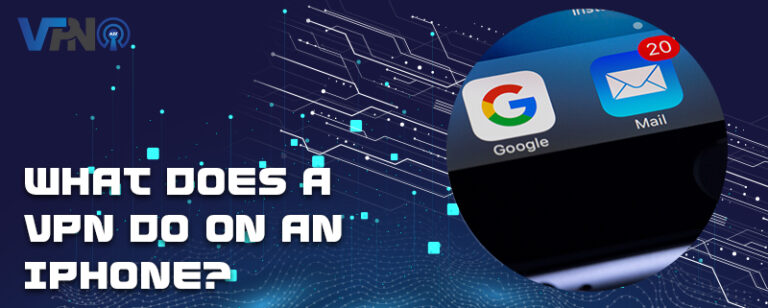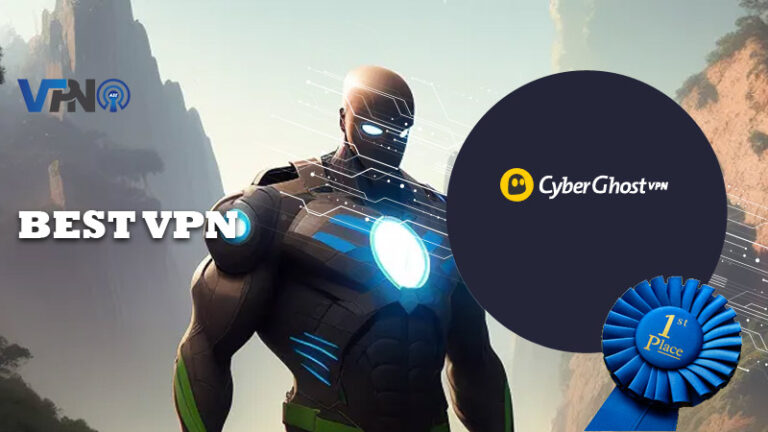Pros and Cons of VPNs
A VPN is an internet service that allows you to access content online only available in countries other than your own. When you use a VPN, you will never be able to see your IP address from your home country, which can be problematic if you want to access specific content on the internet. You should look for a service that allows you to select multiple locations for your VPN connection. There are some pros and cons to each of these purposes.

2. PIA - Ton of servers world wide, but especially great in United States.***

3. NordVPN - The bigger the better! A great choice everywhere!***

4. ExpressVPN - Trusted by millions in over 180 countries!***

5. SurfShark - Amazing deal right now!***

6. PrivadoVPN - Exclusive deal - Cheapest 1 year deal online - ONLY through this link***

*** Offers money-back guarantee. So try them risk free!
Protecting company data
A VPN is a private network that connects computers in different locations over a secure connection. Companies may use it to protect company data, including email and other important files. Remote workers may also need to access network files and require a secure connection. A VPN connection is a great way to do so. It uses encryption methods to ensure that only authorized individuals can access the network. You can connect to a VPN from public Wi-Fi access points.
VPN is often configured on a general-purpose computer, but most businesses choose dedicated equipment optimized for a specific purpose. For example, a small company might choose to have all of its VPN equipment on-site, while larger businesses may outsource the service to an enterprise service provider. Co-location facilities are large data centers that rent space to companies and provide a high-speed connection. A VPN is an essential tool for modern businesses.
Hide your location
One of the most convenient ways to hide your location is by using a VPN service. Using a VPN hides your IP address, which gives content providers your general location. Many sites use your IP address to determine your location, so changing your IP address can change how they license your content. However, before you try this method, make sure that it will not compromise your privacy. You should check the terms of service, and follow any regulations that your location-sensitive websites may have.
You may think that a VPN service will protect you from third-party cookies, but this is not always the case. While a VPN can block malicious websites, it cannot protect you from third-party tracking cookies. Using a VPN to hide your location also may leak your real IP address. It is essential to remove any permissions that your browser gives websites to track your location. Moreover, a VPN may leak your location through its browser geolocation API.
Although the Internet is full of tracking techniques, using a VPN to hide your location is still not an effective solution. VPNs have their own shortcomings. For instance, they may not hide your location entirely. If your IP address is still visible to other websites, they might be able to identify you, and then track your online activities. In addition, you may be exposed to malware while browsing a website. To ensure your privacy and security, use a VPN.
Accessing restricted content
A VPN is an important tool for gaining access to content that is restricted by your location. Often, you cannot access content from certain websites because the servers do not recognize your country’s IP address. This prevents websites from displaying your location to websites that may be censored in your country. However, you can access your Netflix account even if you travel outside the US, using a VPN.
There are several reasons to use a VPN. One reason is for privacy. Many ISPs track users’ internet activities, including the websites they visit. Their data is tied to their IP address. They then issue targeted ads based on your search history and sell the information to companies. A VPN prevents such advertisers from tracking your browsing habits and blocks them from serving related ads. A VPN also protects your personal information and protects your privacy.
Another reason to use a VPN is to hide your IP address from government authorities. Your regular internet connection is not encrypted, meaning it is available to hackers, data miners, and government agencies. Even worse, your ISP can easily track your activities on the internet. In some cases, the information they receive is even used to identify you. A VPN can prevent all of these risks. So, why do you need a VPN?




